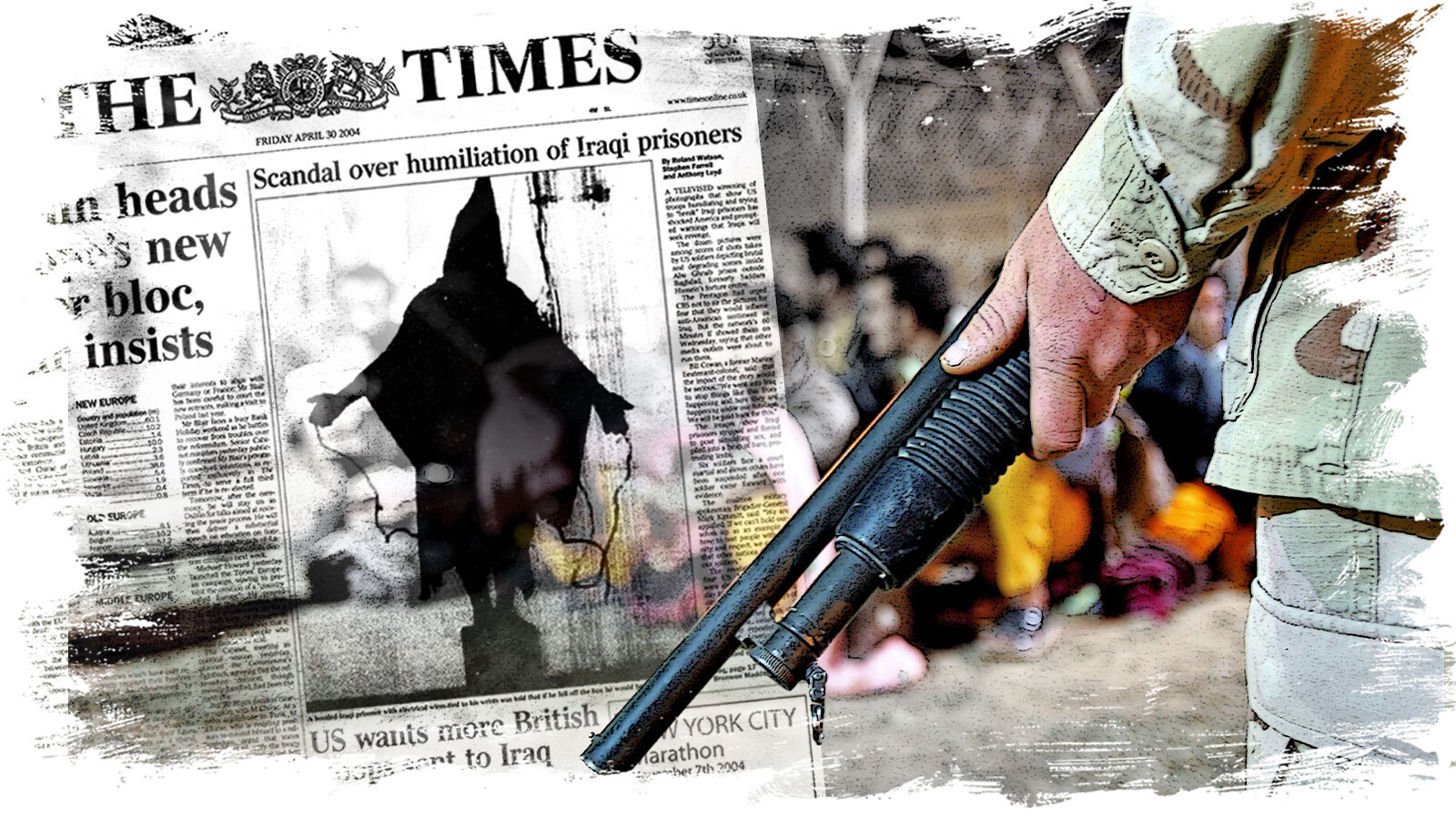It was after a particularly brutal session of torture, ending with him vomiting black bile, that Salah al-Ejaili started to consider taking his own life.
“I felt humiliated. I wished to die,” Ejaili told the jury. While it was difficult to relive, Ejaili, who was detained at the most infamous US army detention centre in Iraq, was not sure he would ever get his day in court.
The Iraqi man’s testimony this week marked the first time the treatment of those rounded up at Abu Ghraib as part of America’s war on terror have been heard in open federal court, and comes nearly 20 years to the day since graphic photos of the abuse by guards shocked the world.
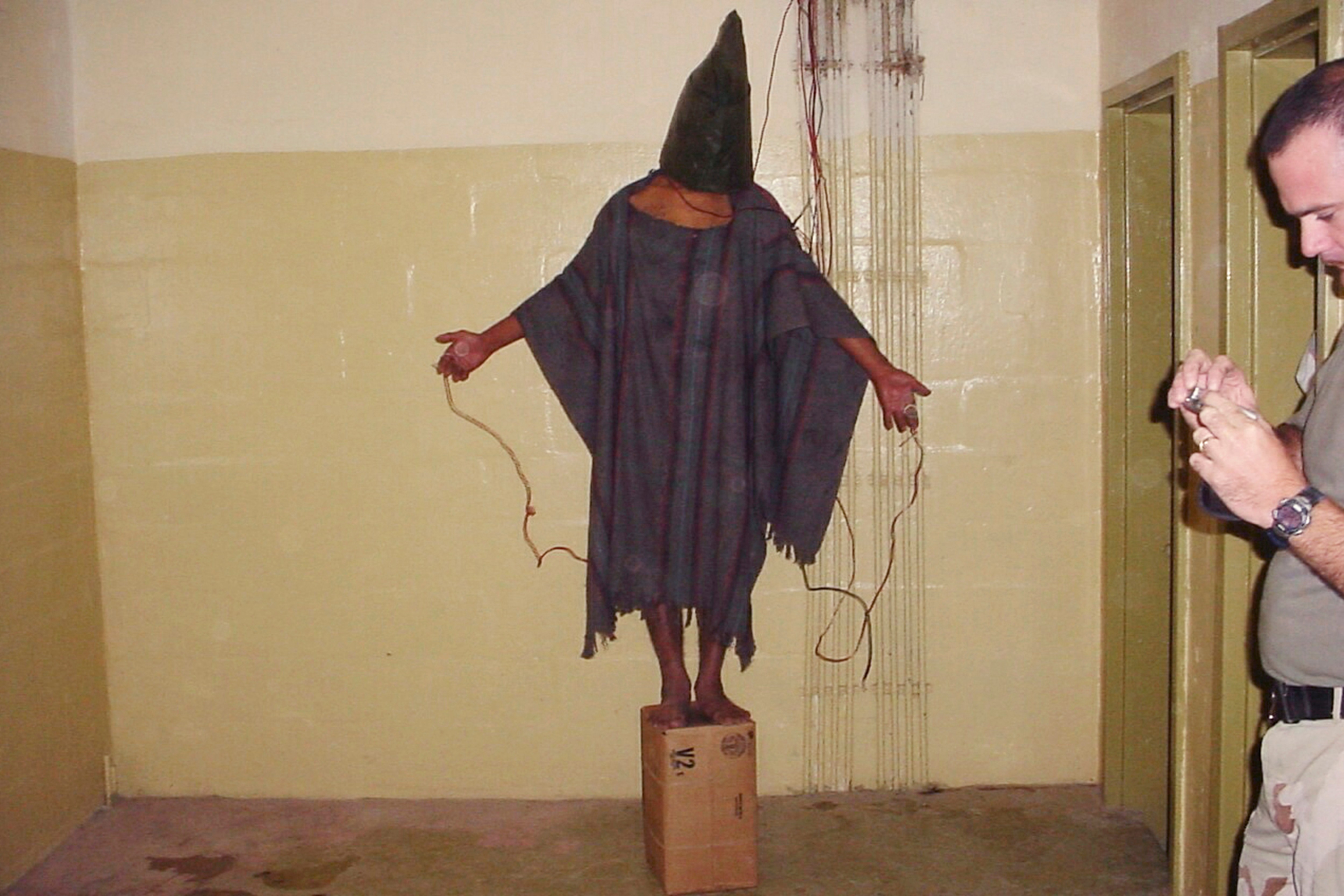
Ejaili, alongside two other detainees, is suing CACI, a private military contract company, in a civil court in Alexandria, Virginia. The case has been beset by nearly 16 years of delays and dozens of legal challenges.
The US district judge Leonie Brinkema, in a first-of-its-kind ruling, ultimately determined in November that the US government could not claim immunity when it came to allegations that violate established international norms, like torturing prisoners.
Advertisement
“It’s a big opportunity to tell people my story,” said Ejaili, a freelance journalist who now lives in Sweden. He spent several hours detailing interrogation sessions in 2003. “Perhaps it’s like a form of treatment or a remedy,” he said, tearfully.
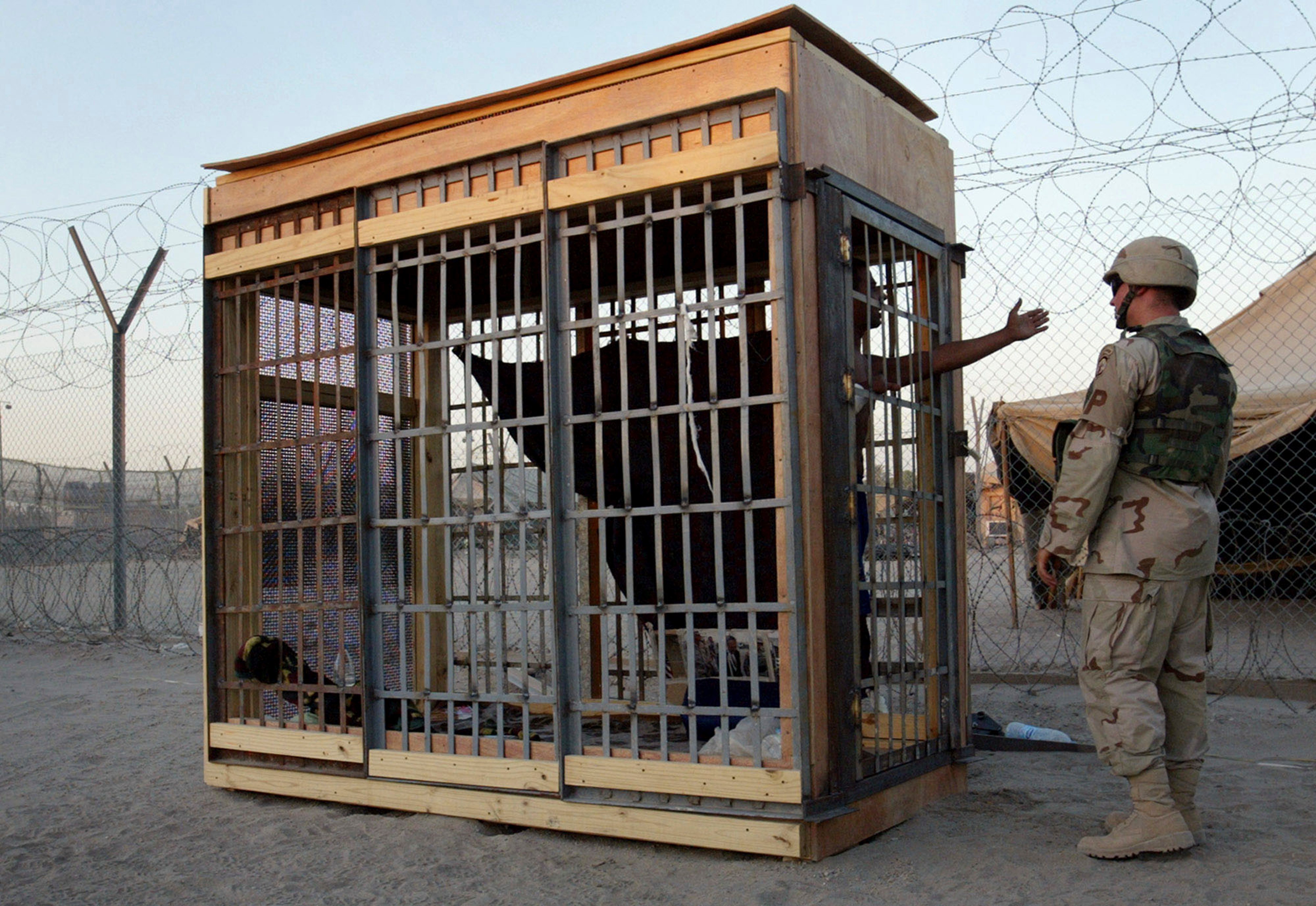
Eljaili told the court that he and others were kept naked “80 per cent” of the time, which he testified to being a “shame in Arab culture”. He said was threatened with dogs, deprived of food, beaten and kept in a solitary cell in conditions of sensory deprivation.
The people at the prison, described by Ejaili as wearing military and civilian clothing, would place a black bag over his head and bind his hands to a wall for long stretches in a cold, empty room. “We would hear the screams of the detainees” during interrogation sessions, Ejaili testified through an Arabic translator.
At one point during his detainment and torture, Ejaili said he vomited black bile, with his stomach feeling as if it “wanted to come out”. A member of the US military ordered him to mop up the vomit with his own prison uniform, he said. Another, he said, gave him women’s underwear to wear when he complained of being cold.
Ejaili was working as a journalist with media accreditation from US forces, a fact he says his captors knew as they frequently taunted him by calling him “Al Jazeera” in reference to the TV network based in Qatar.
Advertisement
Soon after the US occupation of Iraq and ensuing insurgency, American forces began a mass round-up of Iraqi civilians — the vast majority of whom were never charged with any crime — and set up a prison system around the country.
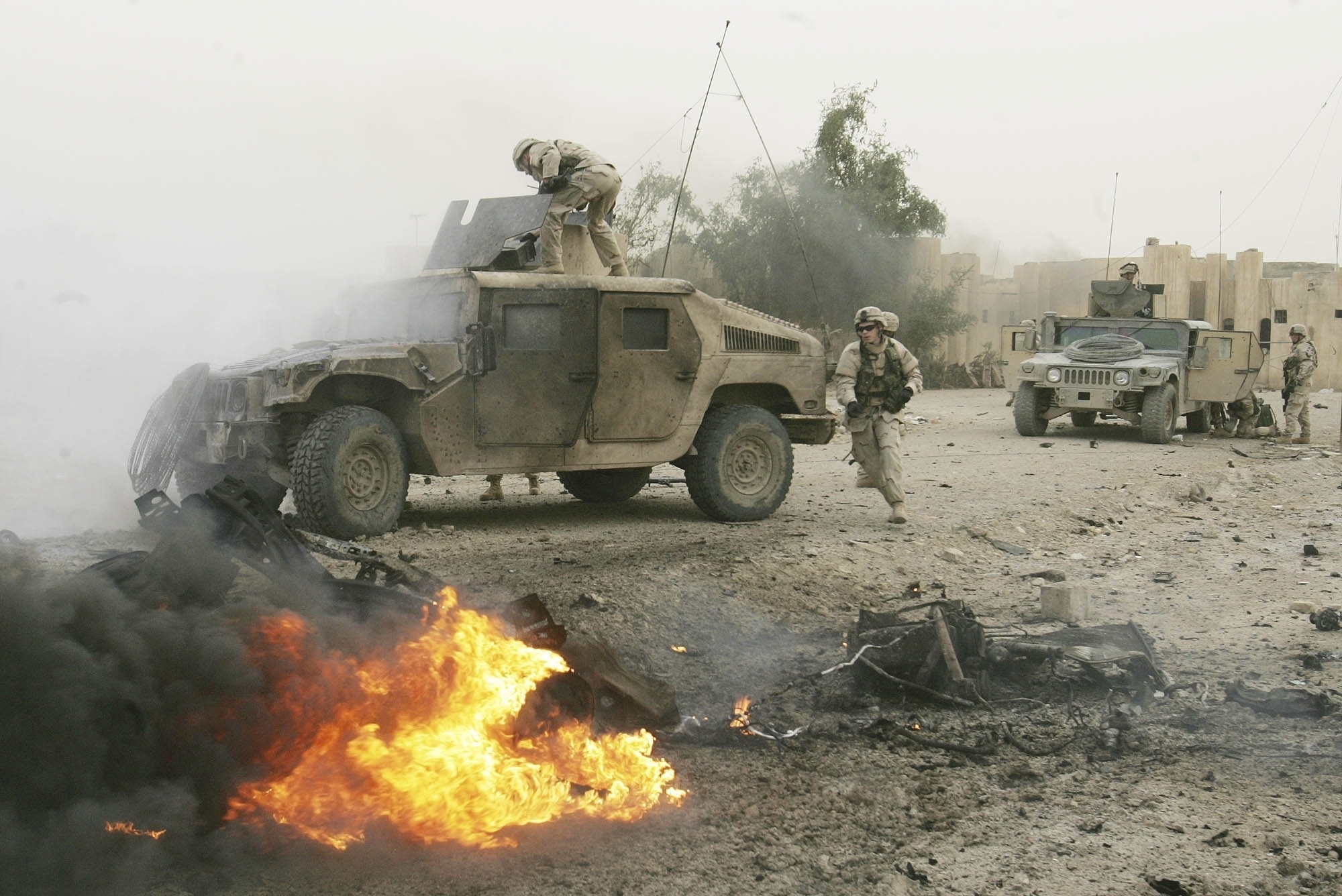
Abu Ghraib, a notorious jail outside Baghdad previously used as a torture chamber by Saddam Hussein’s regime, was opened as a key detention site to hold Iraqi men, women and children.
Infamous photos that leaked in 2004 showed naked prisoners stacked into pyramids and dragged by leashes. A soldier was pictured smiling and giving a thumbs up while posing next to a corpse, and other photographs showed detainees being threatened with dogs, or hooded and attached to electrical wires.
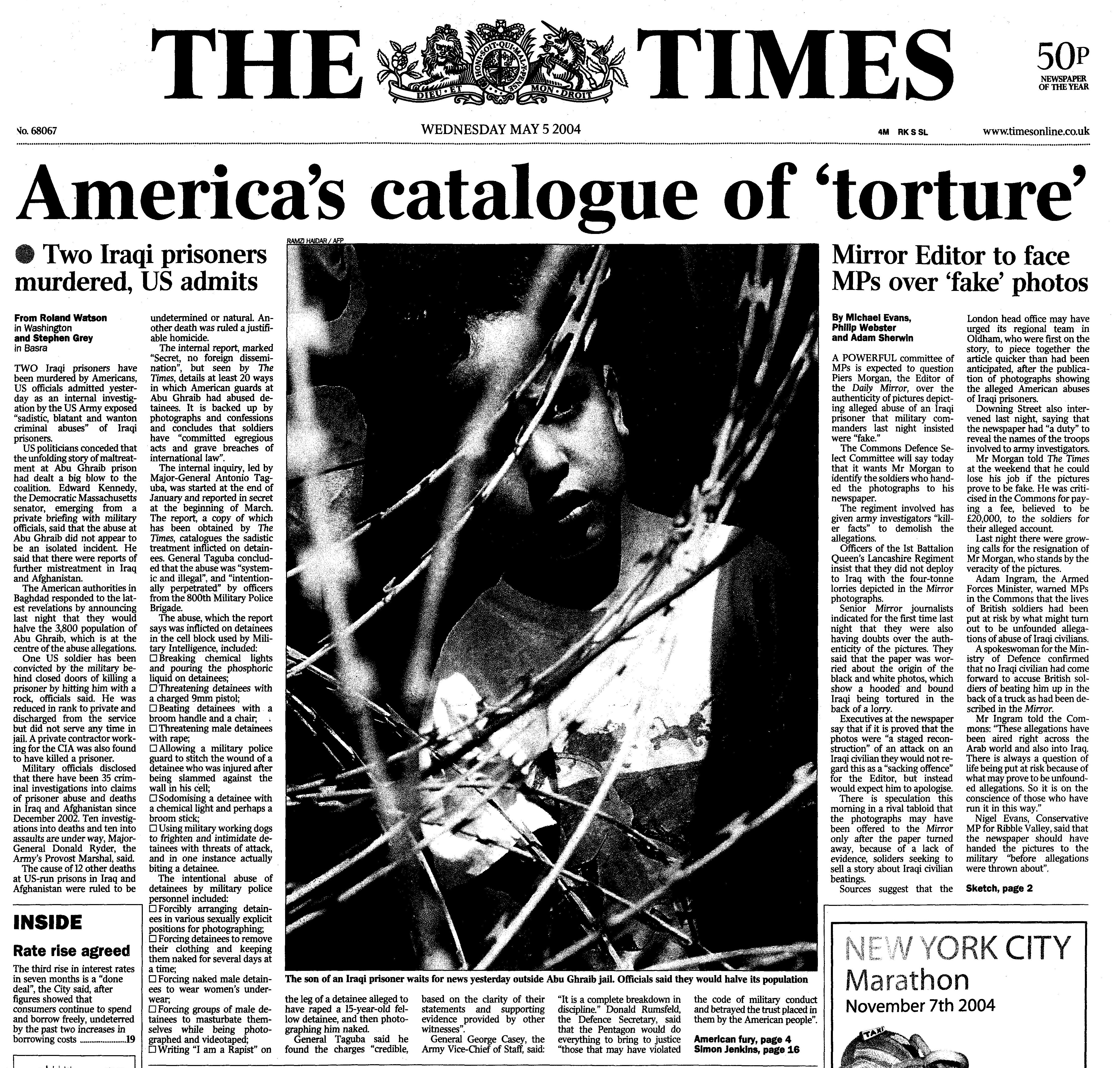
They came to represent America’s brutal, unchecked revenge-seeking after 9/11.
As the US extricates itself from its forever wars in Iraq and Afghanistan, for which the military used a high volume of external contractors, the ensuing trials continue to drag on.
Advertisement
During opening statements, John O’Connor, an attorney for CACI, placed the blame for the torture at Abu Ghraib on “a handful of bad apples” who were US military police. Those “sadistic” individuals, O’Connor said, had already been tried and in some cases sentenced to prison after being court-martialled. He rejected the notion that CACI civilians decided on their own to abuse detainees.
The bad apples “did it on their own, and without any encouragement,” O’Connor said.
The plaintiffs called Torin Nelson, who was hired by CACI to serve as a interrogator in 2003 and deployed to Abu Ghraib. “In my opinion, Abu Ghraib was probably the worst deployment I had,” said Nelson, who had previously served 12 years in the military. Of CACI’s employees, he said: “There didn’t seem to be a lot of US army, US interrogation school background.”
Baher Azmy, an attorney for the plaintiffs, said CACI interrogators instructed and participated in the abuse and that while the jury could not clean “the stain Abu Ghraib” has left on the country, they could provide some “justice”.
The trial is expected to continue for two weeks.


